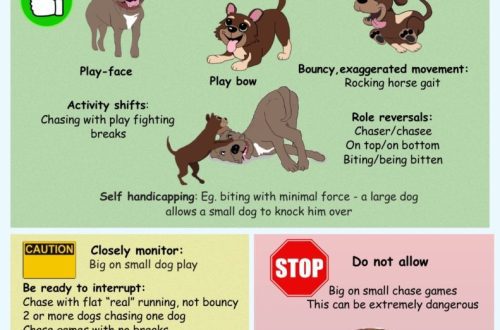
How to choose the best food for your puppy
Your most important desire is to keep your puppy healthy during the important months that shape his future energetic life. But to set the stage for a long and happy adult life, it’s important to choose the best puppy food. You want nutritious foods that are specially formulated for young dogs. And if you take care of what you feed your pet today, you can avoid health problems such as obesity, poor muscle and bone development, or weak immunity – these are the things to keep in mind when you are looking for the right food for your puppy.
Research
The best puppy food consists of high quality ingredients formulated with the perfect balance of nutrients to meet the needs of a growing puppy. And a pet food company must take care of the composition of a dog’s food at this important early stage of its development. Look for puppy food created by experts: veterinarians, PhD nutritionists, and/or food scientists. Experts help create the perfect balanced puppy diet to ensure your beloved dog lives a long and healthy life. The next step in your search should be the nutritional information on every puppy food label.
Ingredients and nutritional value
In order for puppies to grow and develop properly, they need food that provides them with all the nutrients a growing body needs, including calcium and protein. Puppy food with the right amount of calcium ensures proper development of bones, muscles and joints. Protein also contributes to the harmonious growth of muscle mass, so look for proteins such as chicken, lamb, salmon, corn, wheat or barley on the food label to make sure your pet is getting exactly what he needs. Also on puppy food labels, you will most likely see vitamins C and E, which boost the immune system, and fiber sources such as flaxseed or grains, as well as folic acid, will help him absorb the necessary nutrients.
Size matters
Maybe you brought home a dachshund puppy whose tiny feet are the size of your little finger. Or you’ve chosen a golden retriever puppy whose big (and sometimes clumsy) paws look like they’re always ready to hug you. Obviously, when choosing food, you must take into account the size of the dog. That’s why most puppy foods, including Hill’s Science Plan, have different options for large, medium, and small and miniature breeds. These balanced dry and wet foods not only appeal to all dogs, they are specifically formulated to promote proper bone growth, muscle mass and energy production for your pet’s size.
Feeding time
You may be tempted to leave food for your growing and energetic dog so he can eat whenever he wants. But you shouldn’t do it. This can lead to bad habits like overeating and related health problems like obesity and abnormal bone development. To maintain an active lifestyle, the puppy should be fed three times a day, dividing the daily allowance into shares. By the time the dog reaches six months of age, you can reduce the number of daily meals to two.
Things to Avoid
While some undesirable ingredients can simply cause a dog’s stomach pain, others can be truly dangerous. Always avoid using xylitol, a sweetener that can be quite toxic to dogs. Just like adult dogs, you should not give your crumbs leftovers from the table. Foods that are part of your daily snacks and meals, such as onions and grapes, can be dangerous for him. If you have any questions about what to feed your puppy, ask your veterinarian for advice.
You love your cute puppy and he knows it. After all, you prove it every time you play with him, give him attention and provide him with high-quality food that will help him become healthy now and stay in shape for many years to come.





